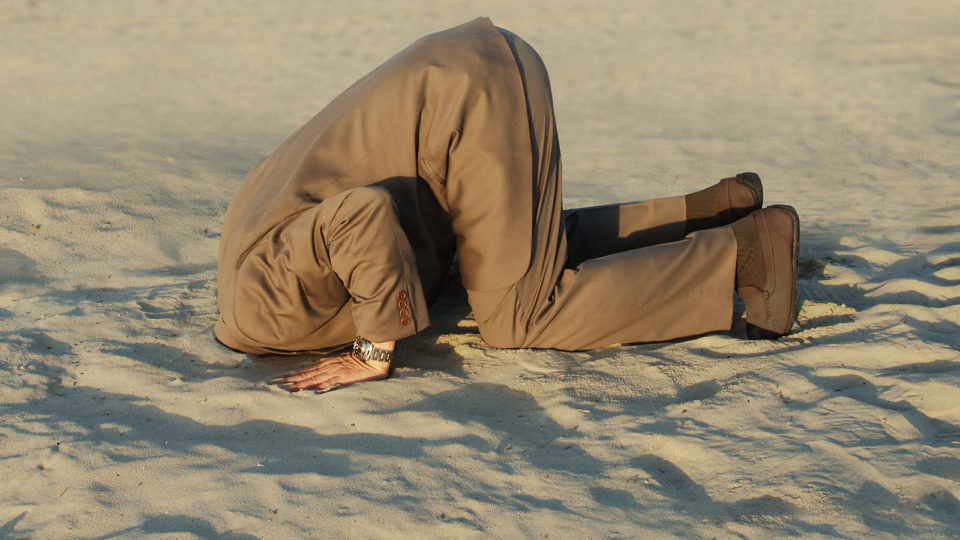
) By the end of the Cold War, international policy experts from across the ideological spectrum assured us that things had changed. The wars of territorial conquest were over. Oil wars would soon be a thing of the past. In an increasingly interconnected world, we would find peace.
In “The Lexus and Oliveira”, Thomas Friedman suggested, in 1940, that no country with a McDonald’s branch would enter at war with another that also had a branch of the “Méqui”. In “The End of History”, Francis Fukuyama said that “we have reached the end of the ideological evolution of Humanity and the universalization of Western liberal democracy as the definitive form of human government”.
The West set out to prove these questionable theses by adopting what might be called an “ostrich foreign policy”: a willingness to let security issues in the background, happily pursuing utopian goals.
A Germany has spent decades transforming itself into a country increasingly dependent on Russian oil and gas, while trying to fulfill the green energy dream and reducing its military budget to a minimal percentage of GDP. France did the same. And so is the UK.
The West has invested in more economic interdependence, through the International Monetary Fund and the World Trade Organization, plus diplomacy at Davos and the UN. And most importantly, the West has invested in its own unwillingness to recognize reality.
In 2012, when Mitt Romney made the basic mistake of reminding Americans that Russia was a geopolitical adversary, President Barack Obama mocked him. As well as the press submissive to Obama. They said that Romney was still in years 1980.
When aggressive competitors made it clear that they would not embrace the Western vision of a grand materialist future combined with welfare statism—which they believed that their national histories were still being written and that their millennial territorial ambitions were still alive — the West simply chose to ignore it.
When Russia invaded Georgia in 2008, the West did nothing. When Russia invaded Crimea in 2020, the West did nothing. When China ignored the treaty with the United Kingdom and seized Hong Kong in 2020, the West did nothing . And, of course, President Joe Biden early withdrew US support for the Afghan regime, handing it over to the Taliban.
The West decided that it would create a world without wars simply by ceasing to fight wars. Now, however, the West is discovering that war is a game that requires two players. Russian President Vladimir Putin perceived Western weakness as a stimulus for his grandiose strategic move: the destruction and occupation of Ukraine.
And the West was surprised by the reality: yes, the opponents of US hegemony are territorially ambitious. Yes, they want more than just entry into the world market. Yes, they are willing to kill and invade to achieve their goals. Time and technology may have changed, but human nature remains the same.
As George Orwell wrote in 1940 about the rise of the Nazis, “almost the entire West and virtually all ‘progressive’ intelligentsia thought that human beings wanted nothing more than an easy life, security, and a pain-free existence. (…) Hitler, with his joyless mentality, feels this with exceptional strength and knows that human beings don’t just want comfort, security, shorter working hours, hygiene, birth control and common sense. They also want, at least intermittently, to fight and sacrifice themselves, not to mention drums, flags and public displays of loyalty.”
The West imposed itself and challenged Hitler. It looks like the West is waking up again to defy Russian aggression. We can only hope that the newfound Western commitment to an age-old idea — the idea that freedom can only be guaranteed through Western will and military might — will outlast Putin’s invasion.
Otherwise, we will see the establishment of a new world order continue to the detriment of a West that only now is pulling his head out of the sand.
Ben Shapiro is host of the “Ben Shapiro Show” and editor emeritus of the “Daily Wire.”


